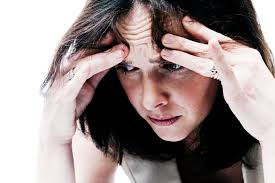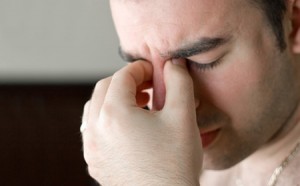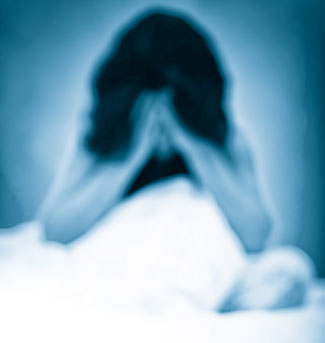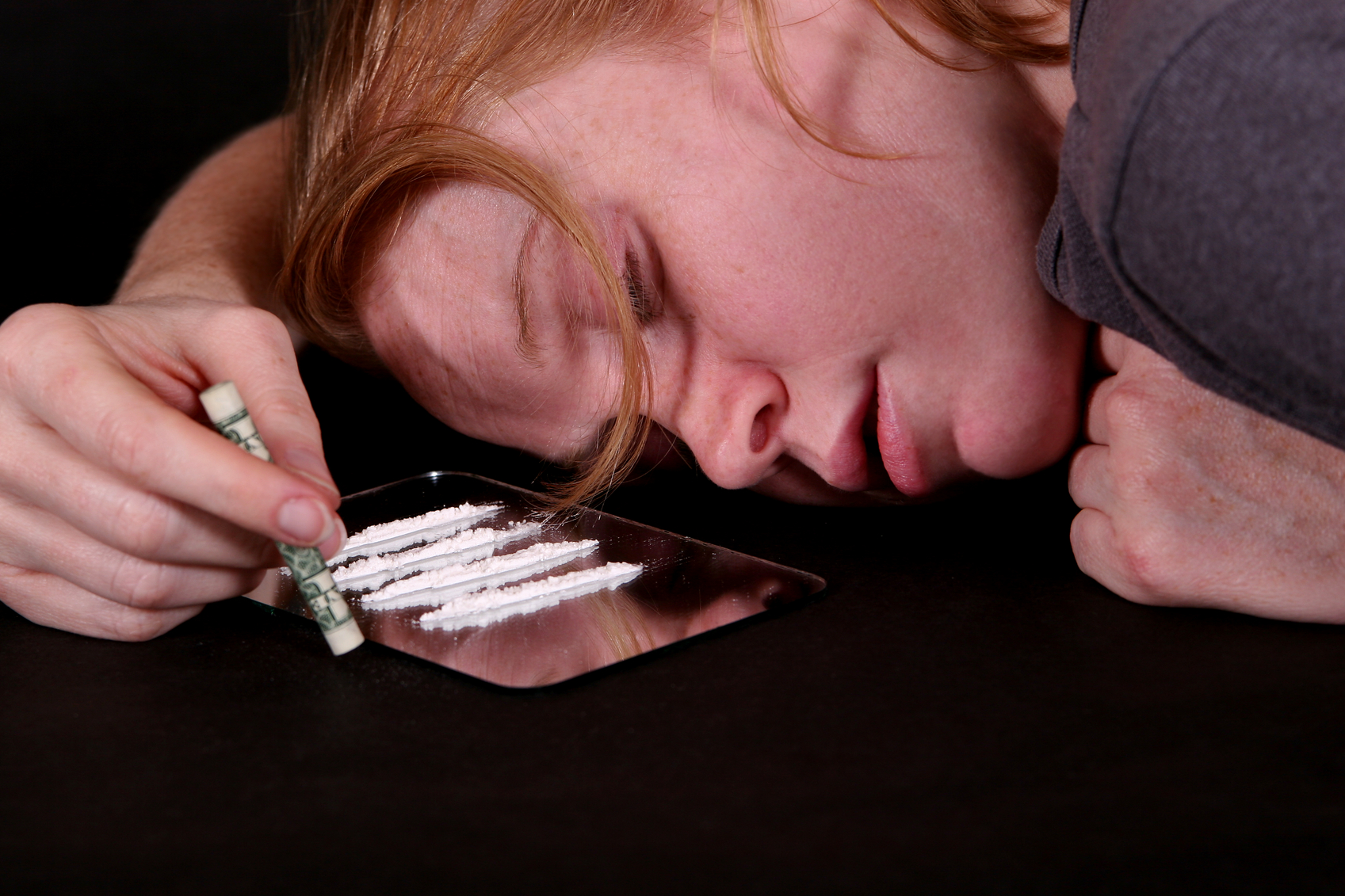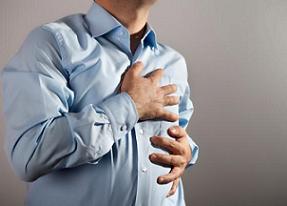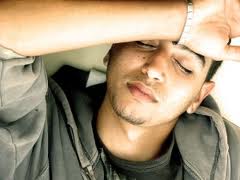Stimulant Abuse
Stimulant abuse is the dangerous use of stimulants without a prescription, against the orders of a prescription or for recreational purposes. Certain stimulants, such as cocaine or methamphetamine, have no known medical purpose and therefore any such use of these drugs is considered abuse. The biggest dangers of stimulant abuse come with the fact that there is a risk of sudden death and there is also a major risk for overdose or physical dependence to occur if a user continues to abuse the drug.
Stimulant abuse is the first step toward addiction. Not all people who abuse stimulants will become addicted, but many will continue to successively use stimulants and fall into the deep, dreaded and potentially deadly seat of addiction consequentially. According to the National Institute on Drug Abuse, stimulant addiction accounts for millions of overdoses, deaths, accidents and injuries each year and they all can be avoided by simply not using these drugs.
Who Abuses Stimulants?

People from all age groups and walks of life abuse stimulants.
Stimulant abuse is not limited to teens or young adults like various other forms of substance abuse. Stimulant abuse often arises out of a desire to stay alert or awake. As a result, many professionals abuse stimulants, college students may use the drugs to stay awake and study for exams, and high school students may use the drugs to achieve improved energy during testing or sports related events. Stimulant abuse affects millions of people, old and young, rich and poor, educated and undereducated alike.
Recognizing Signs of Stimulant Abuse
There are a number of signs that may signify stimulant abuse. If a user is prescribed a stimulant such as Adderall for the treatment of ADD or ADHD, one sign of abuse is the disappearance of medication. The user may claim that he or she lost medication or that it was taken from them. There may be doctor shopping in an attempt to find medication to be used for the purpose of getting high or they may steal medication from others.
Additional signs of stimulant abuse may include:
- ups and downs in attitude
- increased energy followed by long periods of depression or sluggishness
- staying up late at night or for days at a time
- talkativeness
- inability to sit still
- insomnia
- anxiety or paranoia
Dangers of Stimulant Abuse
Unfortunately, stimulant abuse can be a deadly situation, even on the first attempt to use stimulants. In rare cases, death can occur with a single use of stimulant abuse and in some cases, sudden death will occur after a few or many uses of a stimulant. There’s no real way to know that a stimulant is going to lead to deadly consequences in some cases, they just do. Additional dangers of stimulant abuse include:
- tolerance
- physical dependence
- psychological dependence
- heart attack or stroke
- liver or kidney damage
- injury
- coma
- death
Abusing stimulants, recreationally or otherwise, is a dangerous situation. There are increased risks of accident or injury, there are increased risks of heart attack or stroke and there are risks of sudden death. Any of these consequences of stimulant abuse can prove to be highly dangerous and unwelcomed by the user.
Who Needs Help?
Stimulant abuse signifies a need for help and support in order to effectively stop using these drugs and get sober. Not everyone who abuses stimulants will have trouble quitting. In fact, some people can abruptly quit taking stimulants and will feel no effects or no long term cravings for the drugs. Likewise, some people who abuse stimulants will become addicted to the drugs and will require professional treatment, psychological counseling and therapy and a wide range of follow-up care techniques in order to effectively overcome their addiction and get sober.
Where do calls go?
Calls to numbers on a specific treatment center listing will be routed to that treatment center. Calls to any general helpline will be answered or returned by one of the treatment providers listed, each of which is a paid advertiser.
By calling the helpline you agree to the terms of use. We do not receive any commission or fee that is dependent upon which treatment provider a caller chooses. There is no obligation to enter treatment.







